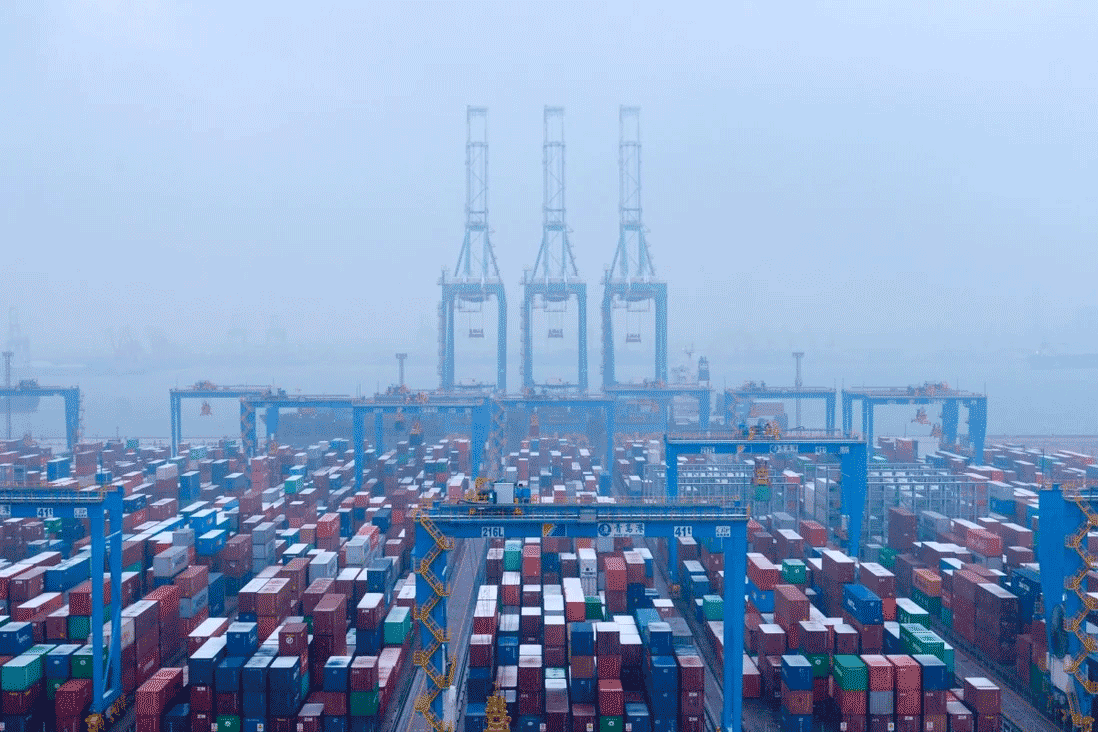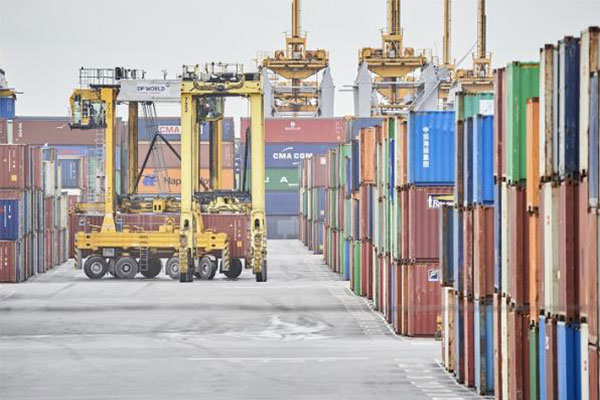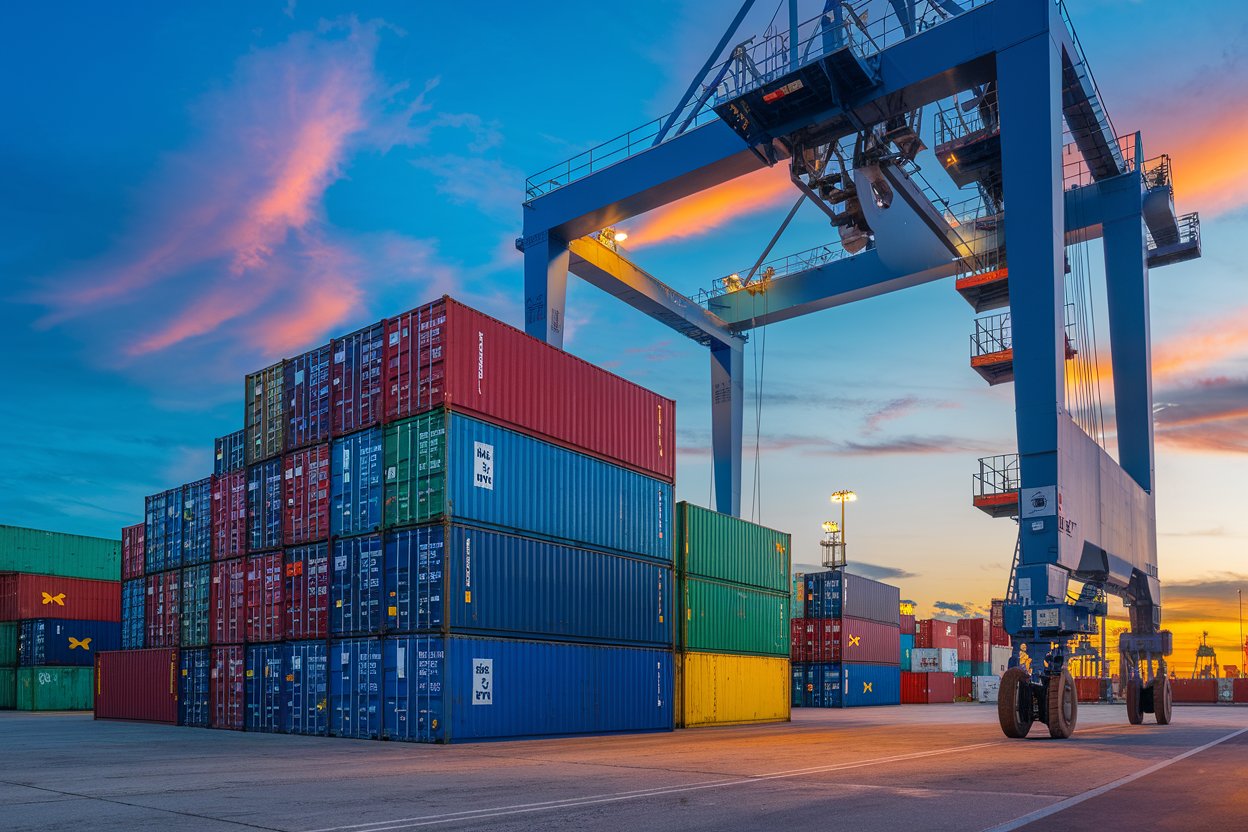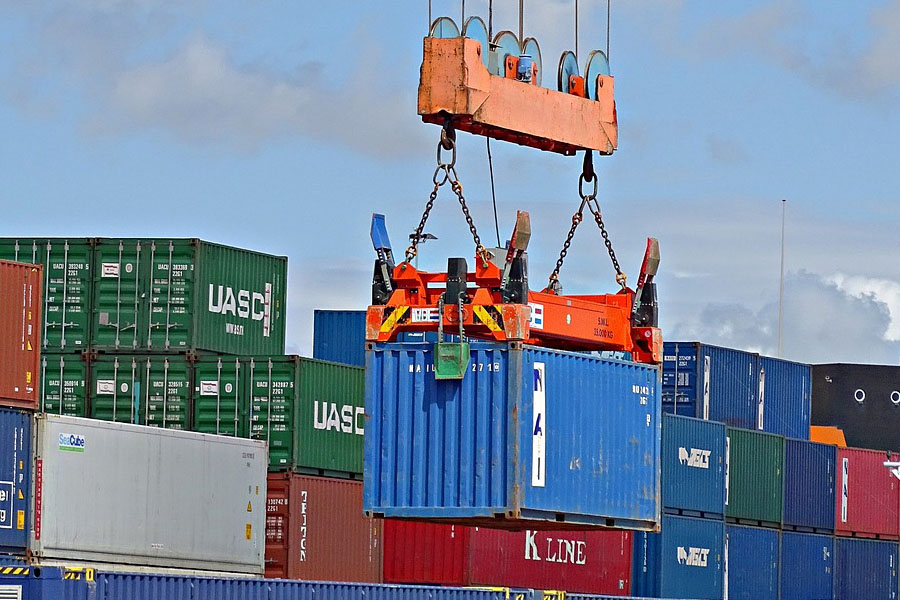- Shanghai Zhongshen International Trade Co., Ltd. - Two decades of trade agency expertise.
- Service Hotline: 139 1787 2118
Ironing machines are widely used in the textile and garment processing industries. Due to differences in their working principles and uses, they must be classified according to specific types in commodity classification. Correct classification and compliant declarations are crucial for ensuring the smooth entry of ironing equipment into overseas markets. As an industry expert, this article will introduce the classification and export considerations for roller ironing machines, flatbed pressing machines, and electric irons, helping companies complete export procedures smoothly.foreign tradeExport RepresentationTypes of ironing machines and their HS code classification
Declaration elements and considerations for exporting ironing machines
Roller ironing machines
Roller ironing machine
- HS code: 8420.10
- Classification Basis:
- Item 8420: Rolling machines and calendering machines (for materials other than metal or glass), and their rollers.
- Classification Reasons: The roller-type ironing machine is mainly used for calendering and ironing textiles, pressing damp clothes through heated rollers to remove moisture and achieve a smooth effect.
Flatbed ironing machine
- HS code: 8451.30
- Classification Basis:
- Item 8451: Washing, ironing, pleating, and other textile processing machines.
- Classification Reasons: The flatbed ironing machine uses heated plates to iron textiles, smoothing clothes through heat and pressure.
Electric iron
- HS code: 8516.40
- Classification Basis:
- Item 8516: Electric water heaters, space heaters, electric irons, and other household electric heating appliances.
- Classification Reasons: The electric iron smoothes clothes by heating the soleplate, aligning with the description of household electric heating appliances.

Export process and considerations for ironing equipment
In the export process of ironing machines, accurate declaration and compliant operations are prerequisites for smooth customs clearance. Below are the key declaration elements and specific matters companies need to note during export:
---
- Product name: Such as cylinder ironing machine, flatbed press, electric iron, etc.
- Brand type: Such as independent brand, joint venture brand, imported brand, etc.
- Purpose: Specify the equipments specific purpose, such as for flattening and ironing textiles, for garment pressing, etc.
- Function: Describe the products function and working principle in detail, such as flattening textiles by heating rollers to remove moisture and achieve smooth effects.
- Brand(Chinese or foreign name): Provide the brand information of the equipment.
- ModelFill in the specific model of the equipment.
- Other Information: Include technical parameters of the equipment and whether it is new.
Regulatory requirements
- Environmental compliance: The export of ironing equipment may involve environmental compliance issues. Some countries have strict requirements on the environmental performance of electronic devices. Companies should ensure exported equipment meets the destination countrys environmental standards, such as restrictions on hazardous substances.
- Certification Requirements: Some countries or regions require imported ironing equipment to have relevant certifications, such as CE certification (EU market), FCC certification (US market), etc., to ensure safety and environmental compliance during use.
Customs declaration and clearance
- Export invoices, packing lists,It is recommended to verify through the following methods:certificates, quality certificates, etc. are essential documents for exporting watches. Enterprises need to ensure the accuracy and integrity of these documents to smoothly pass the customs clearance process at the destination.These documents are essential for ironingEquipment Exportand companies must ensure their accuracy and completeness.
- Technical DocumentationInclude the equipments operation manual, technical specifications, etc., to provide detailed operational guidance for customers in the destination country, facilitating customs clearance and subsequent use.
III. Market Access Requirements and Compliance in Various Countries
Market access requirements for ironing equipment vary by country, particularly in environmental protection, energy efficiency, and equipment safety. Companies should fully understand target market requirements before exporting.
EU Market
- CE Certification: The EU requires CE certification for ironing equipment to ensure compliance with health, safety, and environmental standards in the European market.
- Environmental protection requirementsCompliance with EU environmental regulations, such as the ROHS Directive, is necessary to control the use of hazardous substances.
US Market
- FCC certification: In the US market, some ironing equipment may require FCC certification to ensure electromagnetic radiation meets safety standards and does not interfere with other electronic devices.
Emerging Markets
- For emerging markets such as Southeast Asia and Latin America, in addition to basic safety certifications, enterprises must also pay attention to the destination countrys regulations on equipment performance and environmental requirements, particularly in energy efficiency and electronic waste recycling, as some countries may have specific laws.

Other considerations for exporting ironing equipment
During the export process of ironing equipment, export agencies can help companies simplify complex procedures. Below is an overview of a typical process to help companies better understand the operational steps involved in export:
Provide account details for customer payment
Companies must provide the agencys bank account information to foreign customers for payment into the agencys account.
Confirm payment
After confirming receipt of the foreign customers USD payment, the agency proceeds with subsequent operations.
Agency arranges operations
- Transfer money to the factory: The agency deducts service fees from the received payment and remits the balance to the manufacturing factory.
- Booking and Shipment: The agency company arranges booking, shipping, and insurance matters according to the contract terms to ensure the goods arrive at the destination port safely and on time.
Goods Export
- Document Delivery: After the goods are exported, the agency company delivers documents such as the bill of lading to the client for payment settlement and cargo pickup.
- Factory Invoicing: The factory issues invoices as required by the agency company.
Settlement and Clearing
The agency company conducts financial settlement with the client according to the contract terms, collecting or paying the corresponding amounts to complete the entire transaction process.
By outsourcing these processes to an export agency company, enterprises can effectively reduce risks, focus on product production and market development, and avoid delays and additional costs caused by operational errors.
According to the latest HS code directory, different types of ironing equipment should be classified based on their specific functions and uses. Below is a classification guide for common ironing machines:
Ensure Compliance and Environmental Protection
Before exporting ironing equipment, enterprises should ensure that all indicators of the equipment comply with the laws and regulations of the destination country, especially in terms of environmental protection and energy efficiency. Some countries have strict requirements for the environmental performance of electronic equipment, such as restrictions on the use of hazardous substances and higher energy efficiency standards. Enterprises must ensure their exported equipment meets these standards to avoid customs clearance issues due to environmental concerns.
Prepare Product Certifications in Advance
For ironing equipment requiring product certification, enterprises should contact certification bodies for relevant certifications (e.g., CE, FCC) before export to ensure all certification documents are complete. Preparing certifications in advance can prevent export delays due to non-compliance.
Choosing an experienced export agency company can effectively reduce various risks in the export process of watch products. The agency company can assist enterprises in preparing export documents, conducting product certifications, coordinating logistics and customs clearance, etc., to ensure that the entire export process is more efficient and smooth. The agency company can also help enterprises better understand the laws and regulations of the target market, provide relevant compliance consulting services, and ensure that the products meet the market access requirements of various countries. In addition, the agency company has rich experience in handling
During the export process of ironing equipment, the export agency company not only handles document preparation and customs declaration but also provides one-stop services, including market consultation, export quotation support, and international logistics arrangements. By collaborating with an export agency company, enterprises can significantly reduce uncertainties in the export process, lower customs and logistics risks, and more efficiently expand into international markets.
VI. Summary
Exporting ironing equipment involves compliance with regulations and requirements of different countries. Enterprises must understand and meet various market certifications and environmental standards to ensure smooth exports. Throughout the export process, the export agency company plays a critical role, assisting enterprises in completing each operational step and reducing the complexity and risks of export. By partnering with a professional export agency, enterprises can focus on product production and market development while leaving the intricate export procedures to experts, thereby expanding into international markets more efficiently.
Related Recommendations
? 2025. All Rights Reserved. Shanghai ICP No. 2023007705-2  PSB Record: Shanghai No.31011502009912
PSB Record: Shanghai No.31011502009912










